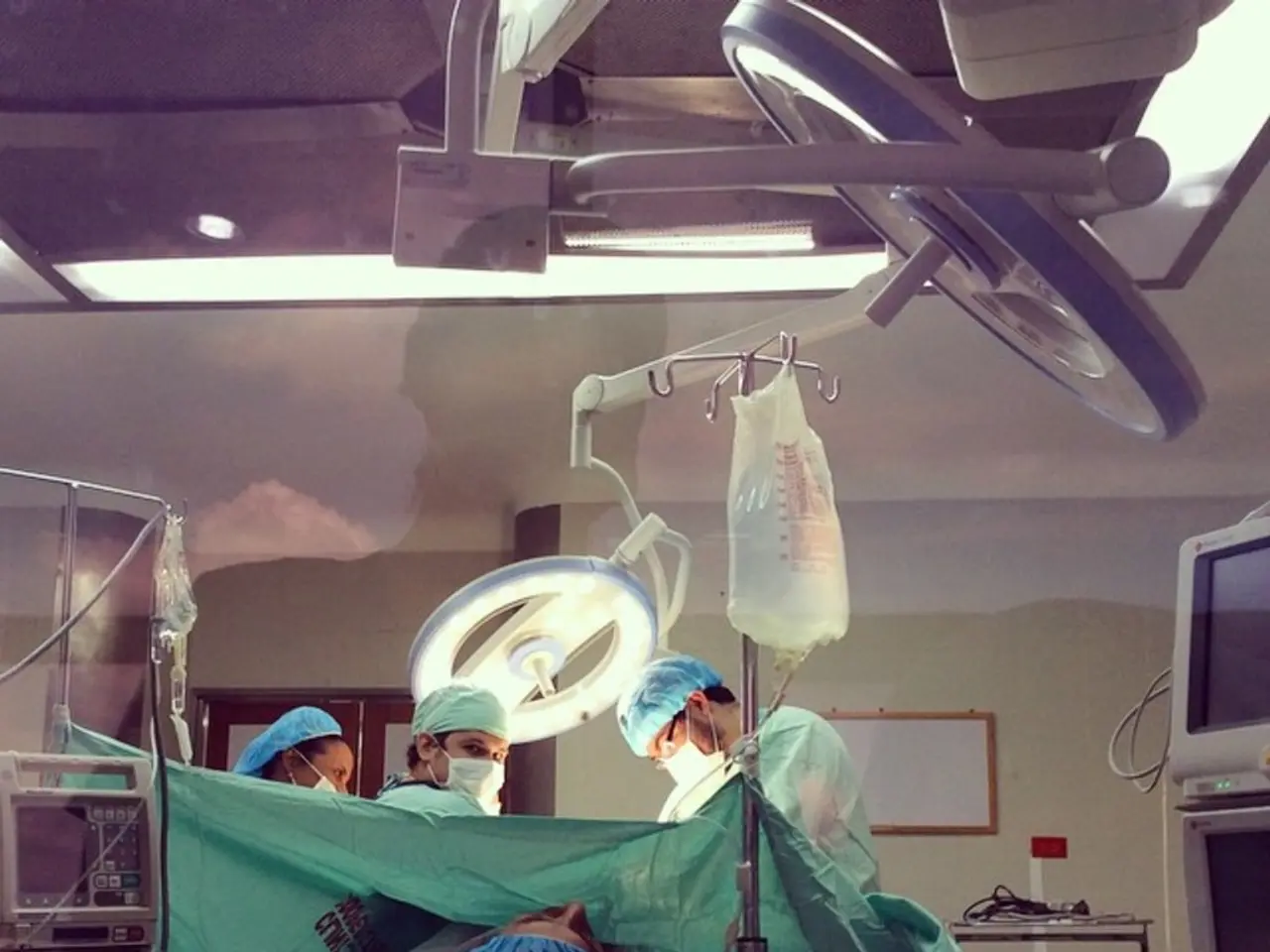First operations of HPB (Hepatobiliary-pancreatic) and distal pancreatectomy carried out in the United Kingdom
Cromwell Hospital Pioneers Advanced Robotic Surgery
The Cromwell Hospital in the UK has made history by becoming the first to perform hepato-pancreatico-biliary (HPB) and distal pancreatectomy operations using the da Vinci SP robotic surgical system. This technological advancement marks a significant step forward in minimally invasive surgery, offering numerous benefits for patients undergoing complex procedures.
Professor Long Jiao, a specialist in HPB surgery and the chair and consultant at Hammersmith and Royal Marsden Hospitals of Imperial College London, performed these groundbreaking surgeries. The da Vinci SP system's key advantages include minimally invasive surgery through a single incision, enhanced surgeon precision, reduced time under anesthesia, and shorter hospital stays.
The single-incision approach often leads to less pain, faster recovery, and, in some cases, same-day discharge for patients. This is particularly beneficial in complex surgeries like distal pancreatectomy, where reducing surgical trauma is crucial. Additionally, the system's flexible instruments and real-time feedback provide surgeons with enhanced control and improved tactile perception during procedures.
The da Vinci SP system's advantages extend beyond the operating theatre. Reduced time under anesthesia and shorter hospital stays mean patients can recover faster, freeing up bed capacity in hospitals and improving resource use. Moreover, the system supports advanced surgical problem-solving and access with fewer port sites compared to traditional multiport robotic systems, which reduces morbidity and post-op pain.
Early experience from Cromwell Hospital and other advanced centers shows promising results in complex HPB procedures with the da Vinci SP platform. This suggests better patient outcomes, fewer complications, and quicker return to normal activities.
In the broader context, the adoption of the da Vinci SP system at Cromwell Hospital aligns with evidence that the system improves patient recovery profiles, surgical precision, and healthcare resource efficiency through its minimally invasive, single-port approach coupled with advanced robotic technology.
Meanwhile, HCA has made strides in the field of robotic-assisted surgery, becoming the first UK provider of advanced robotic-assisted methods for thoracic patients. The advancements in robotic-assisted surgery are a hot topic in the industry, as evidenced by the article "Digital Health & AI News."
[1] Cromwell Hospital. (2022). Da Vinci SP Robotic Surgery for HPB and Distal Pancreatectomy. Retrieved from www.cromwell-hospital.co.uk/da-vinci-sp-robotic-surgery-for-hpb-and-distal-pancreatectomy
[2] Imperial College London. (2022). Professor Long Jiao. Retrieved from www.imperial.ac.uk/people/long.jiao
[3] da Vinci SP System. (2022). Intuitive Surgical. Retrieved from www.intuitivesurgical.com/products/davincisystem/davincisp
- The advancements in robotic-assisted surgery at Cromwell Hospital, such as the use of the da Vinci SP system for HPB and distal pancreatectomy operations, reflect the hospital's commitment to digital health and technology, pushing the boundaries of medical science for improved health-and-wellness outcomes.
- Collaborations between hospitals and medical institutions, like Cromwell's partnership with Imperial College London, contribute significantly to the research and implementation of medical plastics and technology, promoting more efficient and less invasive procedures for managing various medical-conditions.
- As the modern health-and-wellness landscape progresses, advancements in minimally invasive surgery, including single-incision robotic techniques like the da Vinci SP system, will likely play a crucial role in reducing surgical trauma and improving patient experiences, as evidenced by Cromwell Hospital's groundbreaking procedures.




